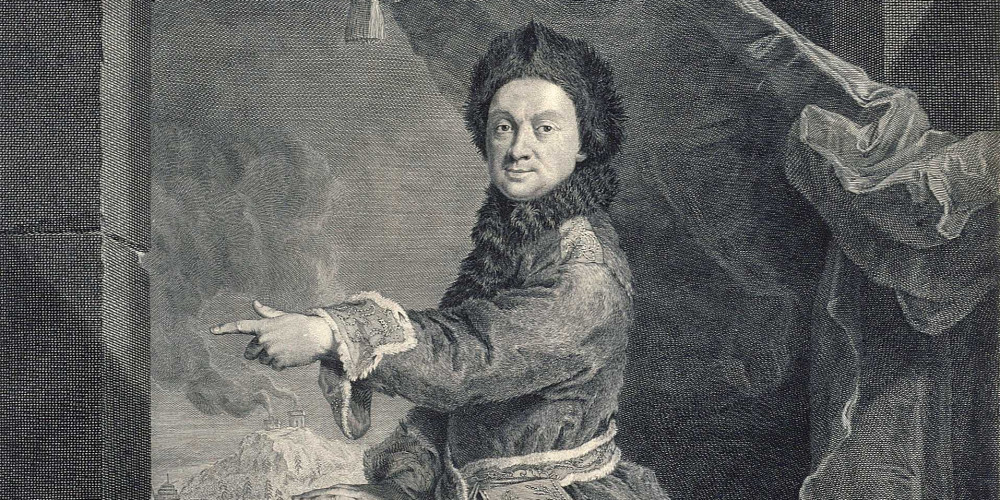One of the most famous thinkers of the French Enlightenment: Who is Pierre Louis Maupertuis?
A staunch scientist and deeply committed to the idea of progress, Maupertius first entered the military profession but soon left that profession to devote himself to mathematics.

Famous thinker of the French Enlightenment who lived between 1698-1759. A staunch scientist, with a strong commitment to the idea of progress, Maupertius was an advocate of Newtonian science, particularly the law of gravity.
The philosopher, who adopted an empiricist and even a positivist view in terms of information theory, said that we remained in the field of phenomena in physics. According to him, the basic concepts of mechanics can be explained through sensation. As a matter of fact, Maupertius suggested that even the necessary connection between mathematical and mechanical principles can be explained through association and habit. However, he said that the teleological system that emerged in nature clearly shows that it is the work of a God whose knowledge is absolute.
Pierre Louis Moreau de Maupertuis (1698 – 27 July 1759) was a French mathematician, philosopher and man of letters. He became the Director of the Académie des Sciences, and the first President of the Prussian Academy of Science, at the invitation of Frederick the Great.
He first entered the military profession, but after a very short time, he left this profession to devote himself to mathematics. During a trip to London in 1728, he learned and admired Newton's ideas in mechanics; On his return to France, he became their most ardent advocate. In 1736, the Academy of Sciences, of which he had been a member since 1723, was commissioned to direct the expedition group sent to Lapland to measure the length of a 1-degree meridian arc of the Maupertuis.
The measurements made confirmed the assumption that the Earth was flattened at the poles. In his work Accord des differentes lois de la nature qui avaient jusqu'ici paru incomplatibles (Harmony of various laws of nature that hitherto seem incompatible) [1744] he explained the principle of least effect: the path of light is the path in which the amount of effect is least; presented this principle as the universal law of nature.
In 1746 he accepted the invitation of Frederick the Great; The king, on Voltaire's advice, gave him the administration of the Prussian royal academy. Maupertuis returned to France in 1756 and died in Basel alongside his loyal friends the Bernoullis.
